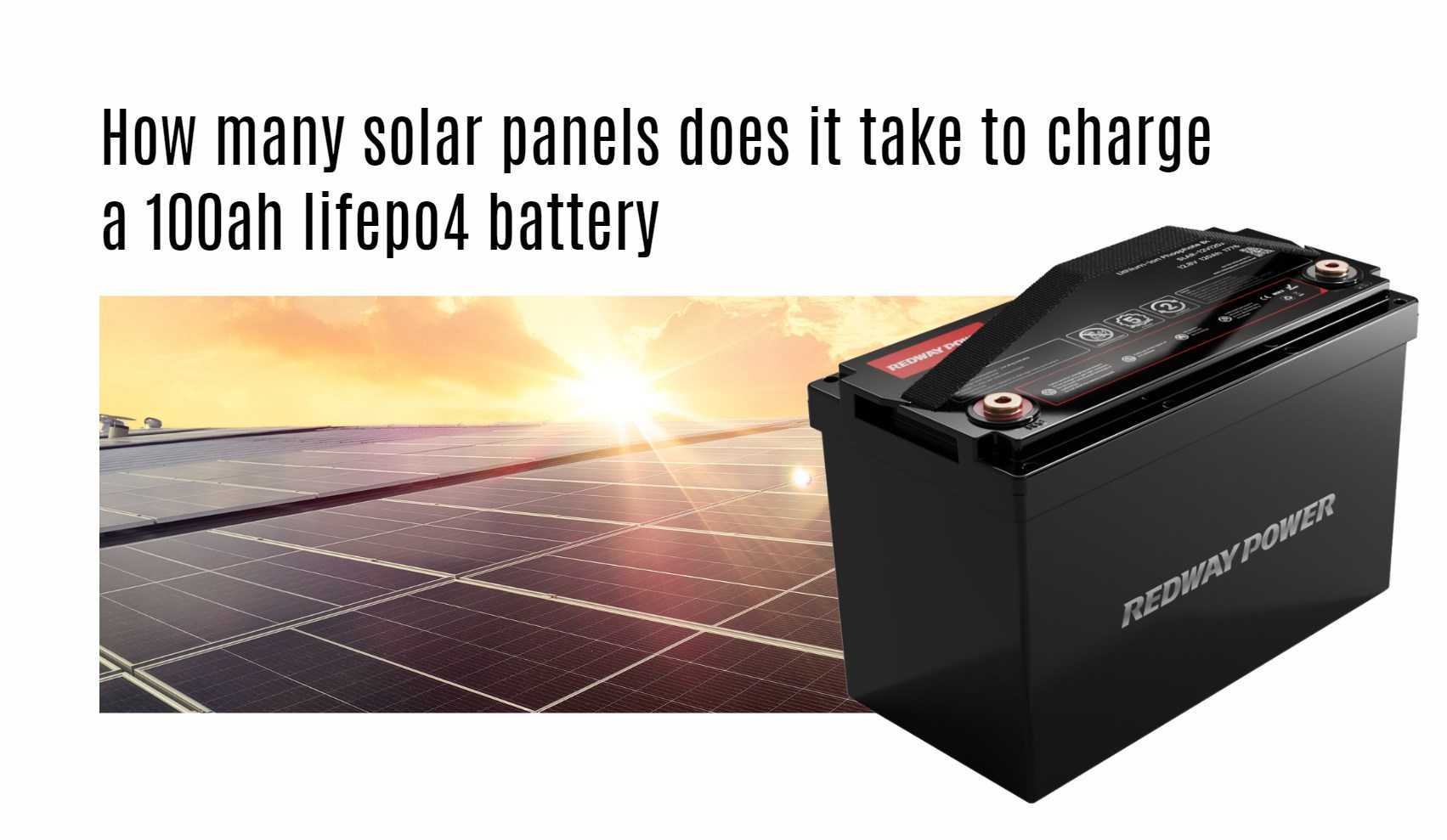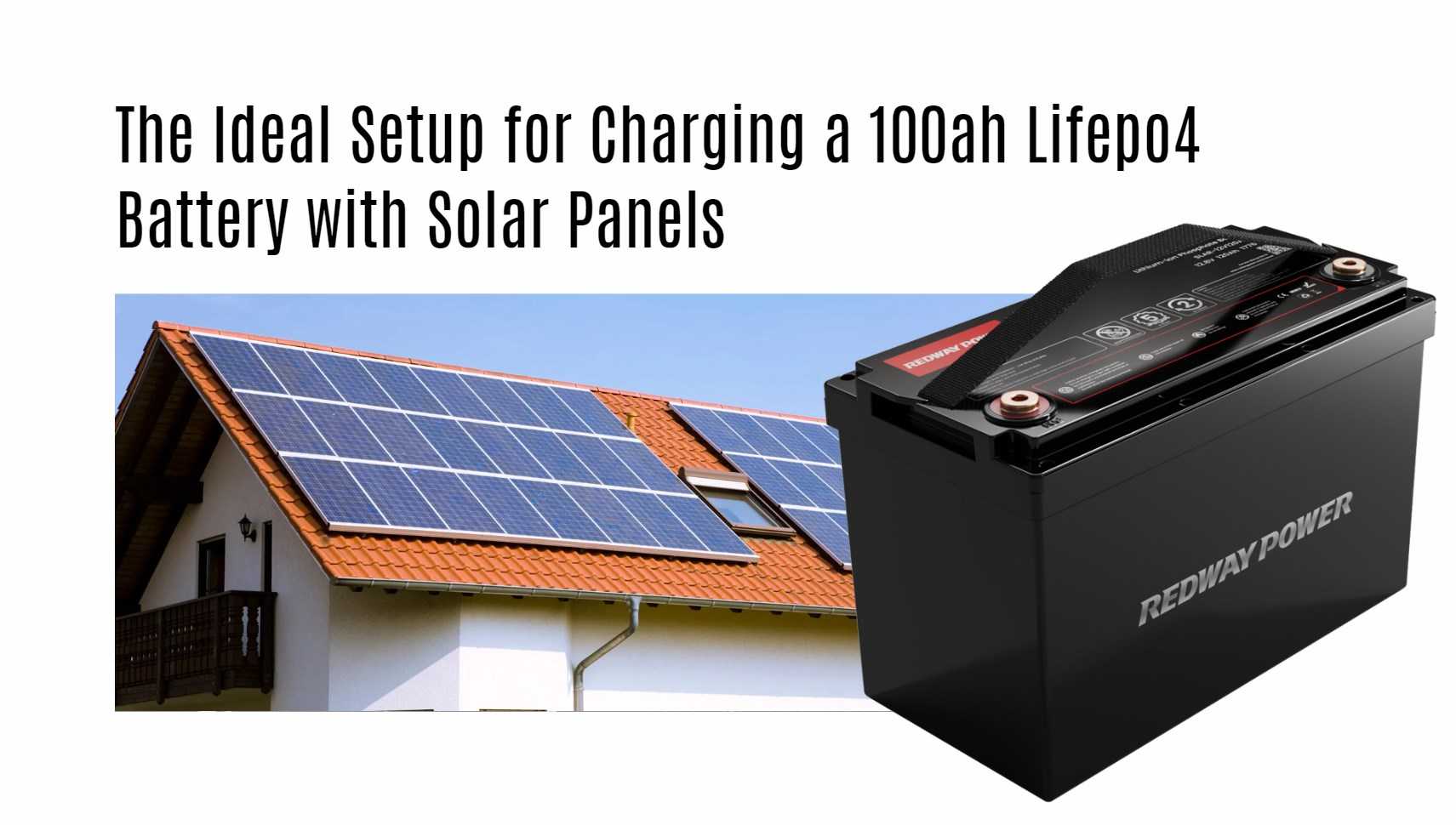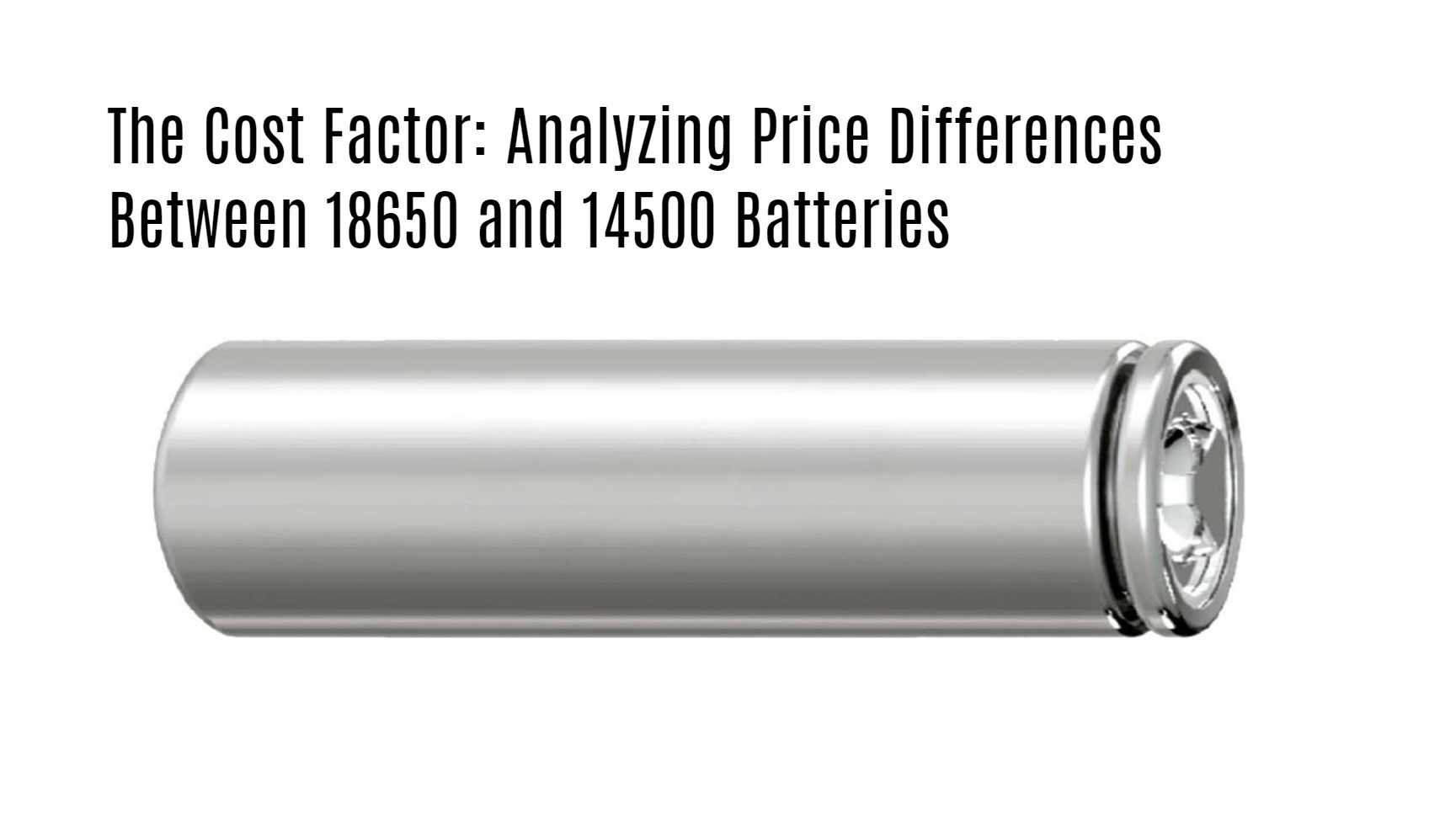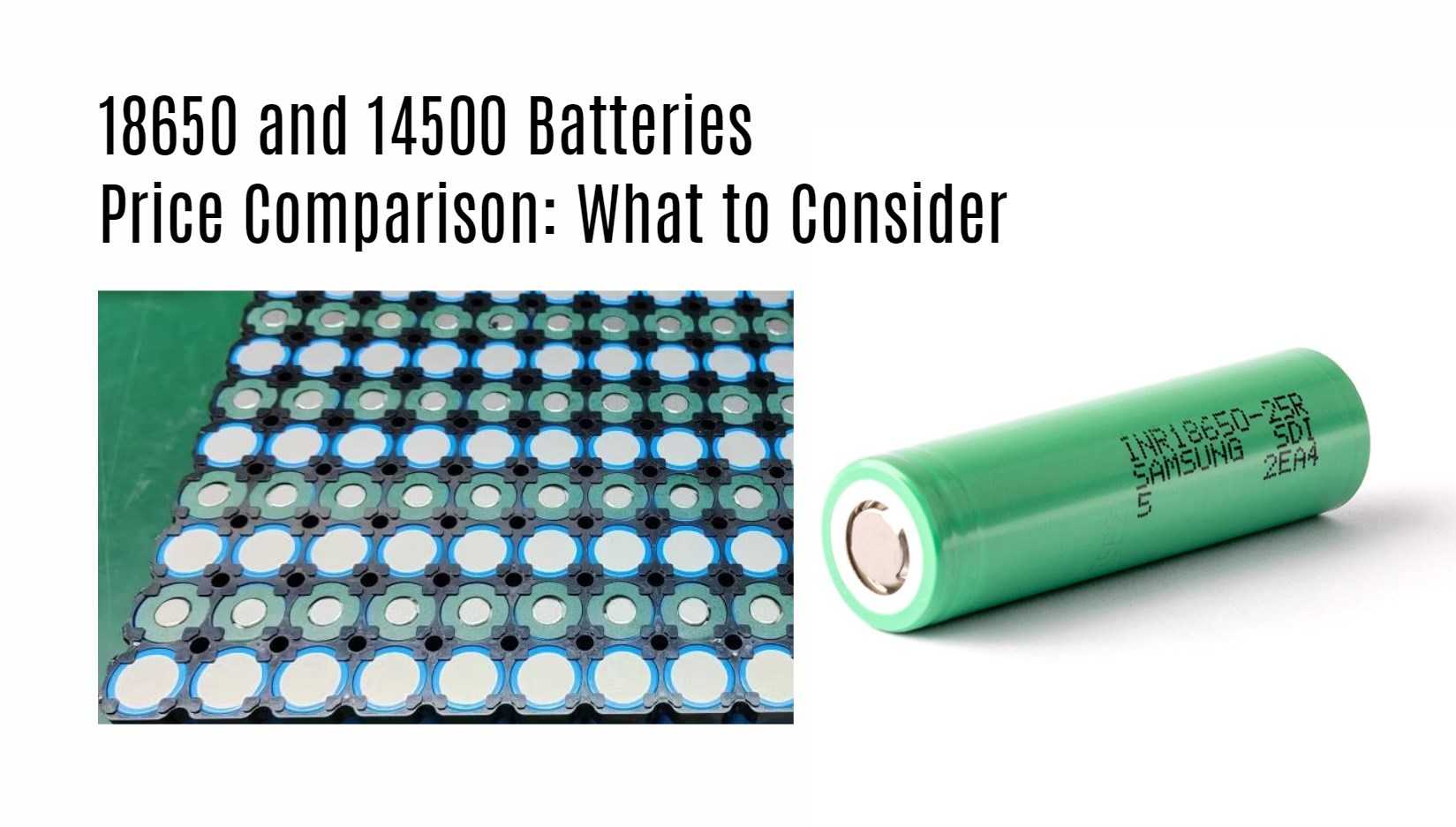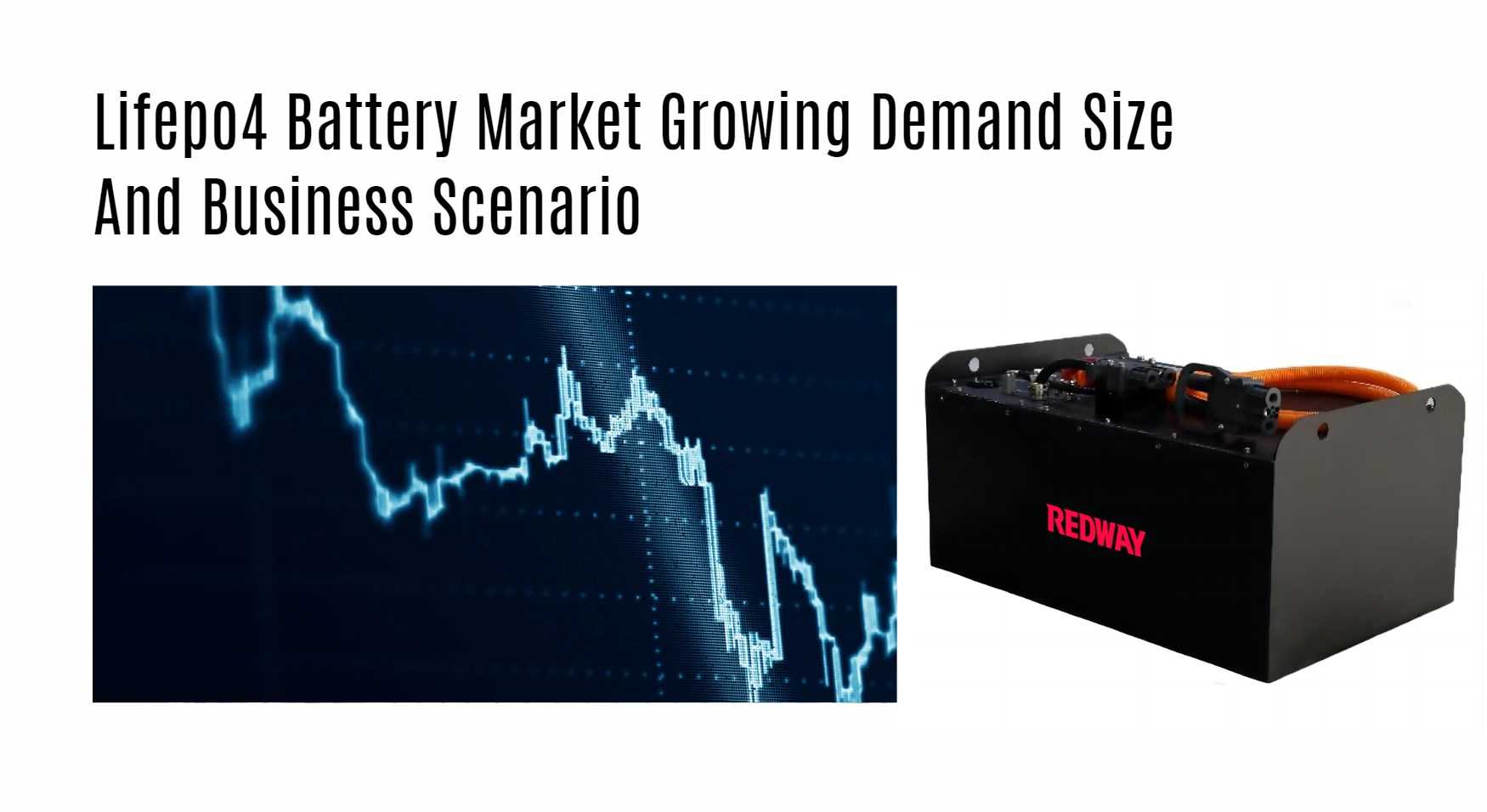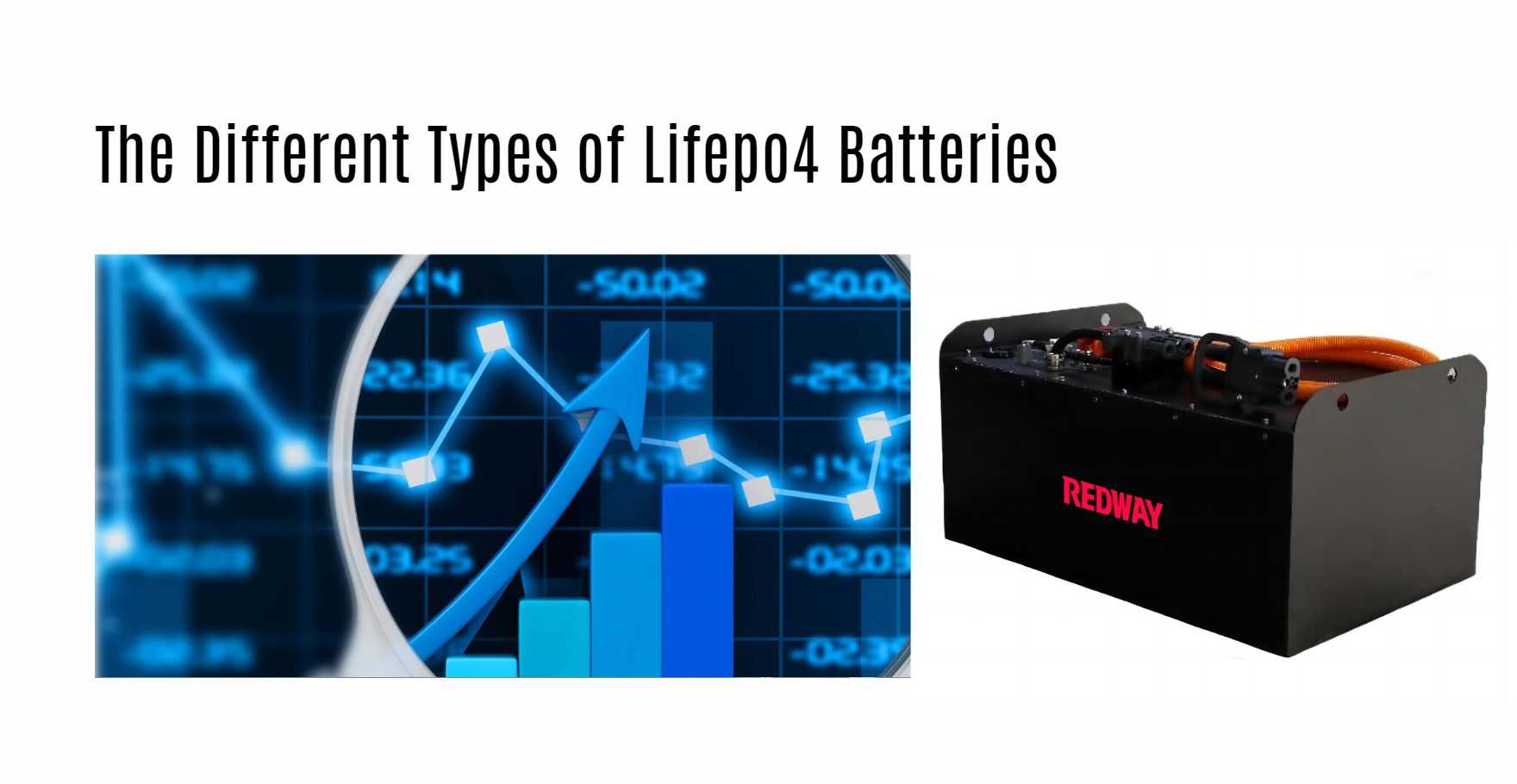How many solar panels does it take to charge a 100ah lifepo4 battery
Are you curious about harnessing the power of the sun to charge your lithium iron phosphate battery efficiently? Dive into this guide to discover how many solar panels it takes to charge a 100ah lifepo4 battery. Let’s shed some light on this eco-friendly and cost-effective energy solution!
Understanding Solar Panels and Lithium Iron Phosphate Batteries
Solar panels are like the superheroes of renewable energy, converting sunlight into electricity through photovoltaic cells. They come in various types and efficiencies, but they all work towards one common goal: harnessing solar power.
Lithium iron phosphate (LiFePO4) batteries are a popular choice for solar energy storage due to their high energy density, long lifespan, and reliability. Unlike traditional lead-acid batteries, LiFePO4 batteries offer faster charging rates and better performance over time.
When these two technologies combine forces, you get a sustainable and efficient way to store solar energy for later use. By understanding how solar panels and LiFePO4 batteries work together, you can optimize your off-grid or backup power system effectively.
Calculating the Power Needs of a 100ah Lifepo4 Battery
When it comes to calculating the power needs of a 100ah LiFePO4 battery, it’s essential to consider the energy requirements for charging and discharging.
To determine how many solar panels are needed, you must first understand the capacity of the battery in amp-hours and its voltage. Multiplying these values will give you an idea of the total watt-hour capacity.
Next, factor in variables like sunlight hours per day, efficiency losses in conversion, and weather conditions to estimate how much solar power is required to charge your battery fully.
Remember that while a 100ah LiFePO4 battery can store a significant amount of energy, ensuring it receives adequate power from solar panels is crucial for optimal performance.
Factors That Affect the Number of Solar Panels Needed
When it comes to determining how many solar panels are needed to charge a 100ah LiFePO4 battery, several factors come into play. One crucial factor is the efficiency of the solar panels themselves. High-quality, high-efficiency panels will require fewer units to generate the necessary power compared to lower quality ones.
Another key element is sunlight exposure and intensity. The amount of direct sunlight your location receives throughout the day will impact how quickly your battery can be charged. Cloud cover, shading from nearby structures or trees, and even the angle at which your panels are installed can affect their performance.
Additionally, considering the size of the battery capacity in relation to the output of each solar panel is essential. The ratio between these two factors will determine how many panels you need for an optimal charging setup that meets your energy requirements efficiently without overloading or underutilizing your system.
The Ideal Setup for Charging a 100ah Lifepo4 Battery with Solar Panels
When it comes to setting up your solar panels to charge a 100ah LiFePO4 battery, efficiency is key. Start by ensuring you have the right number of solar panels based on your power needs and available sunlight. Consider factors like panel wattage, angle of installation, and shading from nearby objects.
Mounting your solar panels at an optimal angle can maximize sun exposure throughout the day. If possible, consider using a tracking system that follows the sun for even greater efficiency. Additionally, investing in high-quality wiring and charge controllers will help ensure a smooth charging process.
Don’t forget about storage solutions for excess energy generated during peak sunlight hours. A good quality battery bank or energy storage system can store surplus power for use during low-light periods or at night. Regular maintenance and cleaning of your solar panels are also essential to keep them operating at peak performance levels.
By creating an ideal setup tailored to your specific needs and environment, you can efficiently charge your 100ah LiFePO4 battery with solar power while reducing reliance on traditional grid electricity sources.
Tips for Maximizing Solar Panel Efficiency
When it comes to maximizing the efficiency of your solar panels for charging a 100ah LiFePO4 battery, there are several tips you can keep in mind.
Make sure to regularly clean your solar panels. Dust and debris can reduce their ability to absorb sunlight effectively.
Positioning is key. Ensure that your solar panels are installed in an area where they receive maximum sunlight exposure throughout the day.
Consider investing in a solar tracker system that adjusts the position of the panels to follow the sun’s path for optimal energy generation.
Monitoring your system’s performance regularly can help you identify any issues or inefficiencies promptly and address them accordingly.
Additionally, optimizing the angle at which your panels are tilted can also enhance their efficiency by maximizing sunlight absorption.
Implementing these tips can help you get the most out of your solar panel setup when charging your LiFePO4 battery.
Other Considerations When Using Solar Panels to Charge Batteries
When using solar panels to charge batteries, it’s essential to consider the weather conditions in your area. Cloudy days can reduce the efficiency of solar panels, affecting the charging process. To combat this, having a backup power source or storing excess energy during sunny days can be beneficial.
Another factor to keep in mind is shading. Ensure that your solar panels are placed in an area where they receive maximum sunlight without any obstructions like trees or buildings casting shadows. This will help optimize their performance and maximize battery charging.
Regular maintenance of both the solar panels and batteries is crucial for optimal functionality. Keeping them clean from dust, debris, or snow buildup will ensure efficient energy conversion and storage. Additionally, monitoring the system regularly for any issues or malfunctions is important for longevity.
Investing in quality equipment and proper installation will also play a significant role in how well your solar panel system charges your batteries. Consider consulting with professionals to set up the most effective and reliable system tailored to your specific needs.
Conclusion
In the end, understanding the power needs of a 100ah LiFePO4 battery and how to effectively charge it with solar panels is crucial for anyone looking to harness clean energy. By calculating your specific requirements, considering factors like sunlight exposure and panel efficiency, and optimizing your setup, you can ensure a reliable renewable energy source for your battery system. Remember to always monitor and maintain your equipment for optimal performance. Embrace the power of solar energy to keep your batteries charged efficiently and sustainably!

